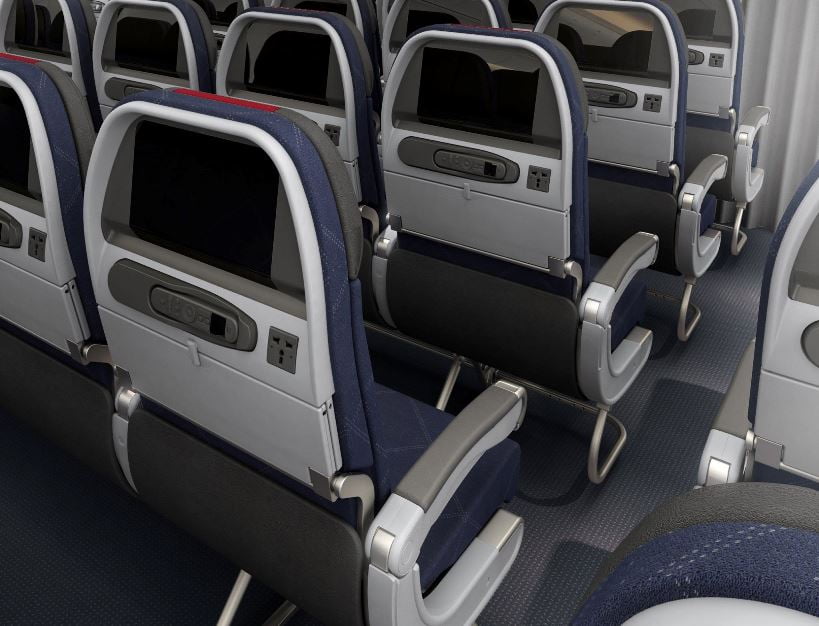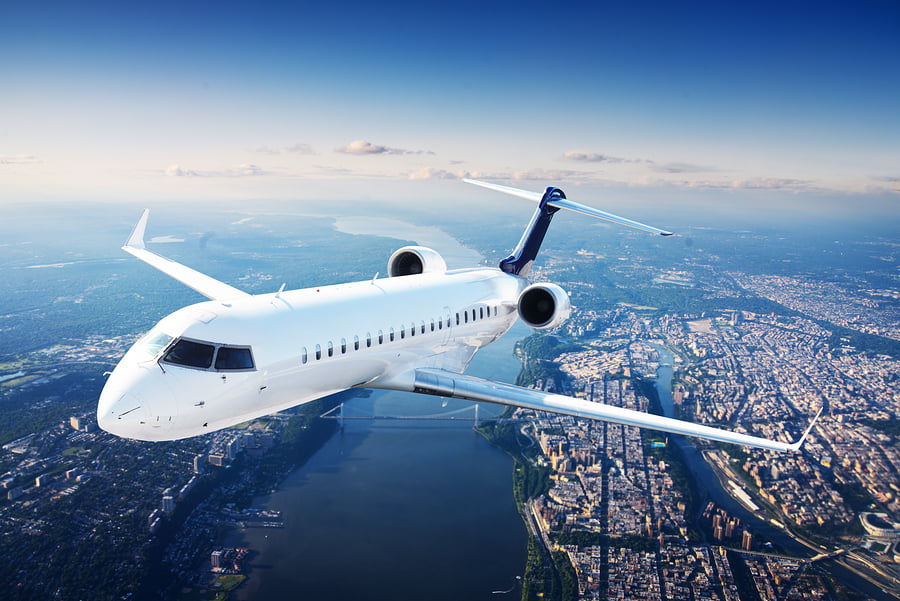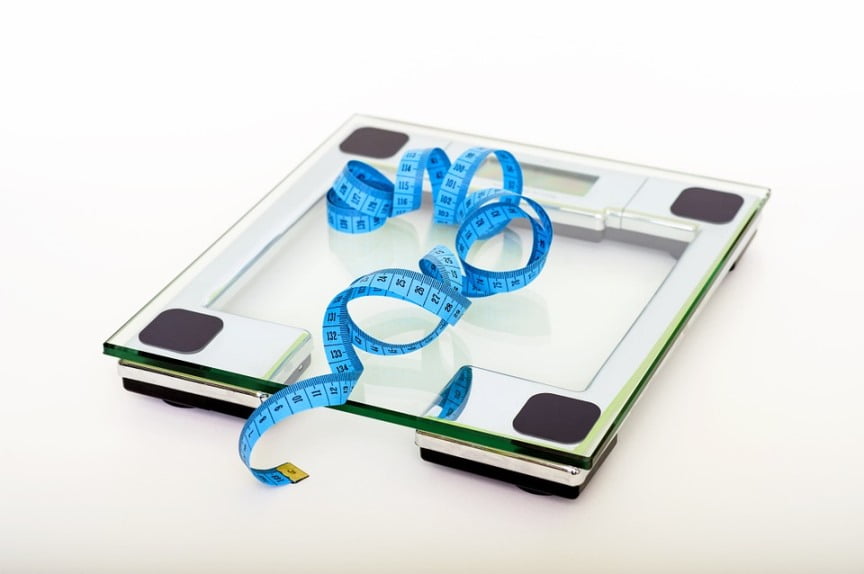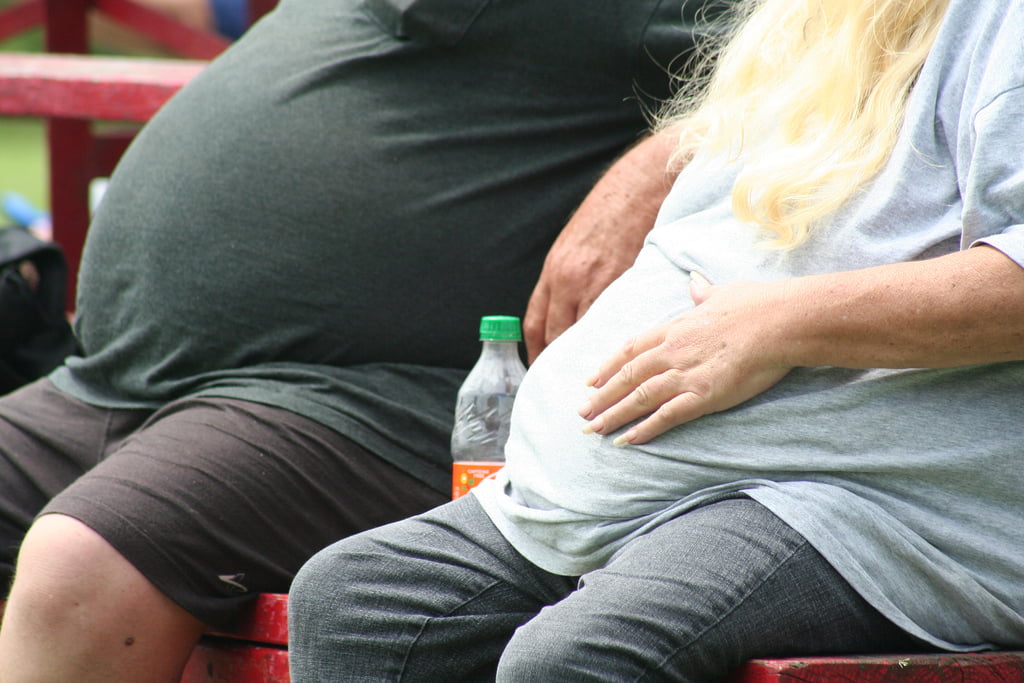The obesity epidemic is one of America’s greatest health concerns: Roughly 79 million American adults are obese – more than one-third of adults in the US, according to the Centers for Disease Control. In addition to related health issues obese people have to deal with, such as diabetes, they also have to deal with how society views them.
SEE ALSO: Study: Overweight Teens Are At Increased Risk For Life-Threatening Heart Disease In Adulthood
Now that the summer travel season is about to begin, overweight people must also consider small airplane seats and airlines’ policies towards the obese (some require to order and pay for two seats). But according to a new Israeli study, inconvenience is not their biggest problem; feelings of shame and humiliation bother obese travelers more than tight seat belts and tiny seats.
Researchers at Israel’s Ben Gurion University recently published An Exploratory Study About Obese People’s Flight Experience in the Journal of Travel Research, where participants recounted the typical challenges they encounter while boarding, in-flight and deplaning.
The researchers interviewed passengers deplaning direct and connecting flights in Virginia. The survey included 11 men and 13 women, ages 22 to 64, who had been on short (less than two hours) and long (more than two hours) flights. 16 of the 24 passengers self-identified as obese, with a body mass index of 30 or above. Eight considered themselves morbidly obese.
SEE ALSO: Dreaming To Lose Weight? Sleep Could Be The Answer!
“We assumed that the greatest difficulties obese people faced on planes were caused by tight, confined spaces,” BGU’s Prof. Yaniv Poria, who led the research, said in a statement. “We were surprised to find that the way other people reacted to them was so unpleasant and embarrassing, causing them to feel universally uncomfortable and uneasy.”
A ‘chosen’ disability?
He adds that “obese people think that others regard them as individuals who intentionally decided to be disabled. Moreover, obese people feel that they are perceived as thieves, since their ‘chosen’ disability increases costs for other people. Obesity is a social disability as it prevents obese people from feeling safe in public.”
Sign up for our free weekly newsletter
SubscribeStudy participants agreed that the way people stare at them during boarding and deplaning is “humiliating, and at times even shameful,” Poria says, but at the same time indicated that African American female crew members seemed to be generally less judgmental and more helpful.
Board first, deplane last
However, squeezing down aisles and into the seats remains troublesome, the participants said, because they are unable to avoid inadvertently touching other passengers. “Many attempted to be first in line to board, so they could easily find their seats and ‘disappear,’” Poria says.
He suggests allowing obese people to board first and deplane last, and making design changes to restrooms and seat trays, which would make everyone more comfortable. Additionally, he argues for the need to offer different-sized seats.
The researchers note that crew members can respectfully and discreetly make everyone’s flight experience more comfortable by moving a passenger sitting next to an obese person to another seat.
The study was conducted by Poria in collaboration with Jeremy Beal of Virginia Tech’s Hospitality and Tourism Management Program.
Related posts

Rehabilitation Nation: Israeli Innovation On Road To Healing

Israeli High-Tech Sector 'Still Good' Despite Year Of War








Facebook comments